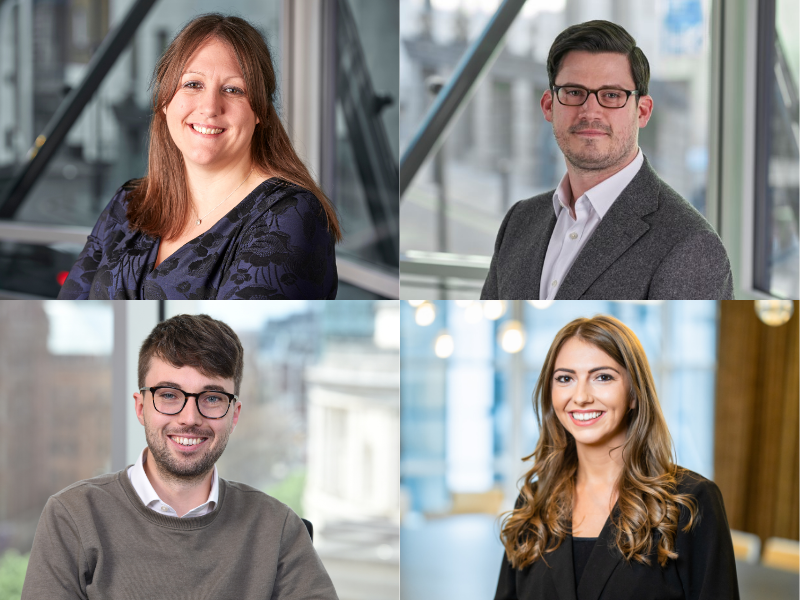When Mark Cohen takes to the stage as the headline speaker at Legal Geek North America on 25th June he won’t be carrying any notes and even he won’t be certain where his talk will take him, let alone where it will take the audience. His approach perfectly matches our ethos:
-
- Come to make friends, not to sell
- Come to learn and to teach
- Look after your fellow law-gends, you may need their help someday
- This is your community, please pitch in and help. You will be rewarded
- Dress comfortably, no ties please 🙂
So ahead of his participation in New York, Legal Geek asked Mark to lift the lid on his approach to public speaking and to reveal a few secrets behind his popularity from the soapbox.
Public speaking – the Mark Cohen way
“I get asked to speak about many legal topics: technology, its impact, delivery models, legal education and training – you name it. I don’t have a set ‘talk’ about these topics. So each engagement – and I use that word intentionally because my goal is to engage with the audience – depends on different factors. Sometimes it’s just how I’m feeling on the day. At other times, it’s what’s going on in the world– the legal world or the wider world.
“A few years ago in Madrid, I spoke at a conference during the Catalonian secessionist movement. It really influenced my talk. Because when you’re talking about legal topics how can you not mention that as your lead theme? On another occasion, I was delivering the keynote at the German Bar Association not long after Trump had been elected and had said some not-so-diplomatic things about Germany. I am American, Jewish, and have German ancestry—naturally, I spoke about the importance of the rule of law in democracy and how free speech and tolerance gave me the privilege of addressing the audience.”
Mark’s human, holistic approach to public speaking is no gimmick. It’s simply an extension of his open personality and how he thinks about the legal industry. His way of thinking is also reflected in the name of his consultancy business Legal Mosaic (also his Twitter handle: @LegalMosaic).
“I chose this name for a couple reasons. First, I’m visual. Second, when you look at a mosaic every piece must be seen within the context of other pieces, otherwise you don’t see the whole picture. The legal sector is exactly the same. Law, like life, does not operate in a vacuum; things are inter-connected. I look for the connections and try to make sense of it all. I like to explore that mosaic in my talks and weave in some of what I have learned during a 40-plus year career.”

Mark spoke at the Legal Geek Conference in London back in 2017
How Mark developed his public speaking skills
Mark’s upbringing ensured he developed a proficiency in the principles of debate and argument at an early age:
“I had to negotiate two highly intelligent parents with strong personalities and differing views, so I learned to hold my own. Then at my school (a traditional all-boys school in New York) I was often engaged in public speaking. So I developed a feeling for an audience at a young age.”
These skills were further developed as a civil trial lawyer over the first 25 years of his professional life.
However, none of this can guarantee an ability to speak authentically to an audience. That is something Mark says takes preparation, spontaneity, and a bit of vulnerability, too.
“When I am planning a talk, the first thing I like to know is who the audience will be and where they are drawn from, how many of them are lawyers etc. Then I like to work out how many of them will know who I am. With that information I feel capable of being ‘studiously spontaneous’.
“I try and combine that with humanity, authenticity, eye contact, and levity.” I’m not a big fan of slide decks—they can be effective at business meetings, but I prefer that the audience engage with me, not focus on the slides. They can do that later. It’s important to develop a rapport with the person speaking—then you get to the substance of the talk. Both are important.”
Mark’s Tips for Public Speaking
- Be yourself
- Memorise your first line and be prepared to ad lib as required
- Plant your feet firmly on the floor. A friend who is a speech coach told me this was the key to public speaking, and it works!
What can guests expect from Mark at Legal Geek North America?
“Well, I haven’t prepared my talk for Legal Geek North America yet but as with every talk I will be aiming to have engage the audience and encourage them to ask questions at the end of the talk or sometime later.
“If that happens, then it’s a good talk and from their follow-up questions I will learn more about the topic as well.”
At Legal Geek North America, questions can’t be made directly after a talk. But all delegates are welcome, and encouraged, to seek out any speaker and engage them in follow up questions.
Even tricky ones.
“If I’ve done my job properly then follow-up questions are normally thoughtful and constructive. Only very rarely do you get ‘gotcha’ questions. But you have to welcome those too. After 40 years of trial work, teaching, and public speaking—not to mention raising two bright, precocious daughters, I’m up for the challenge.”
Mark will be the first speaker taking to the stage at Legal Geek North America.


